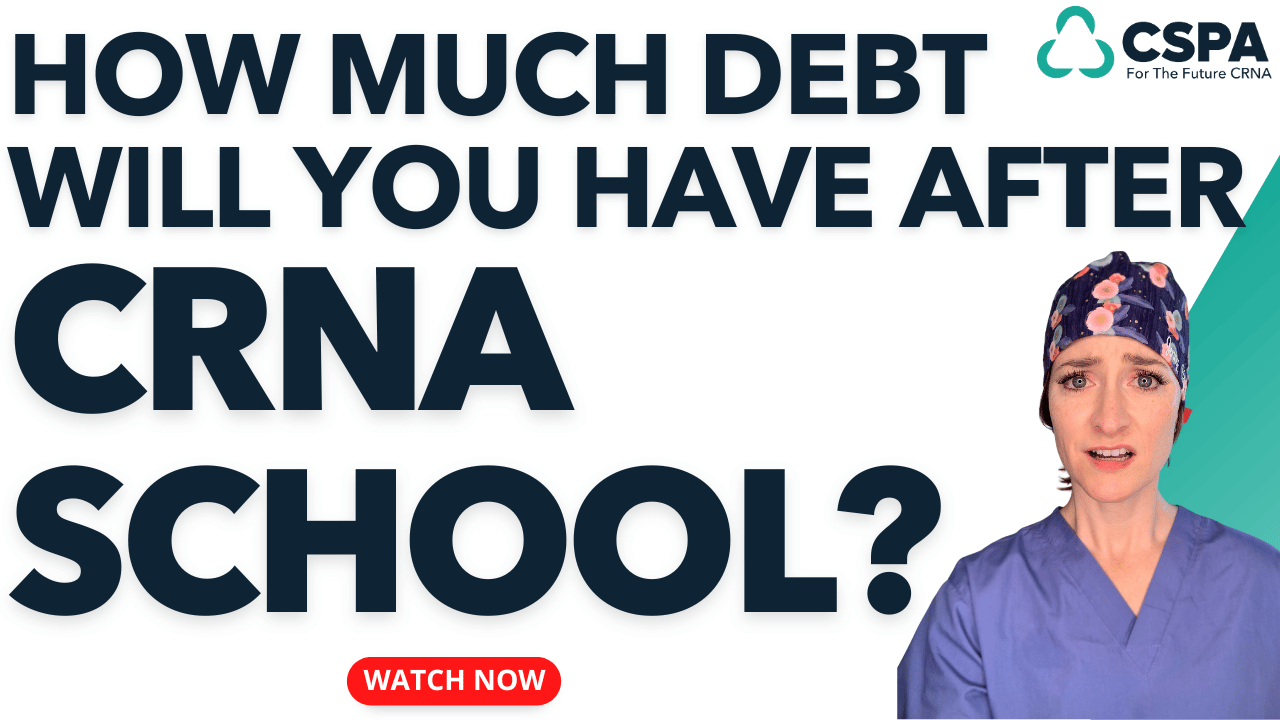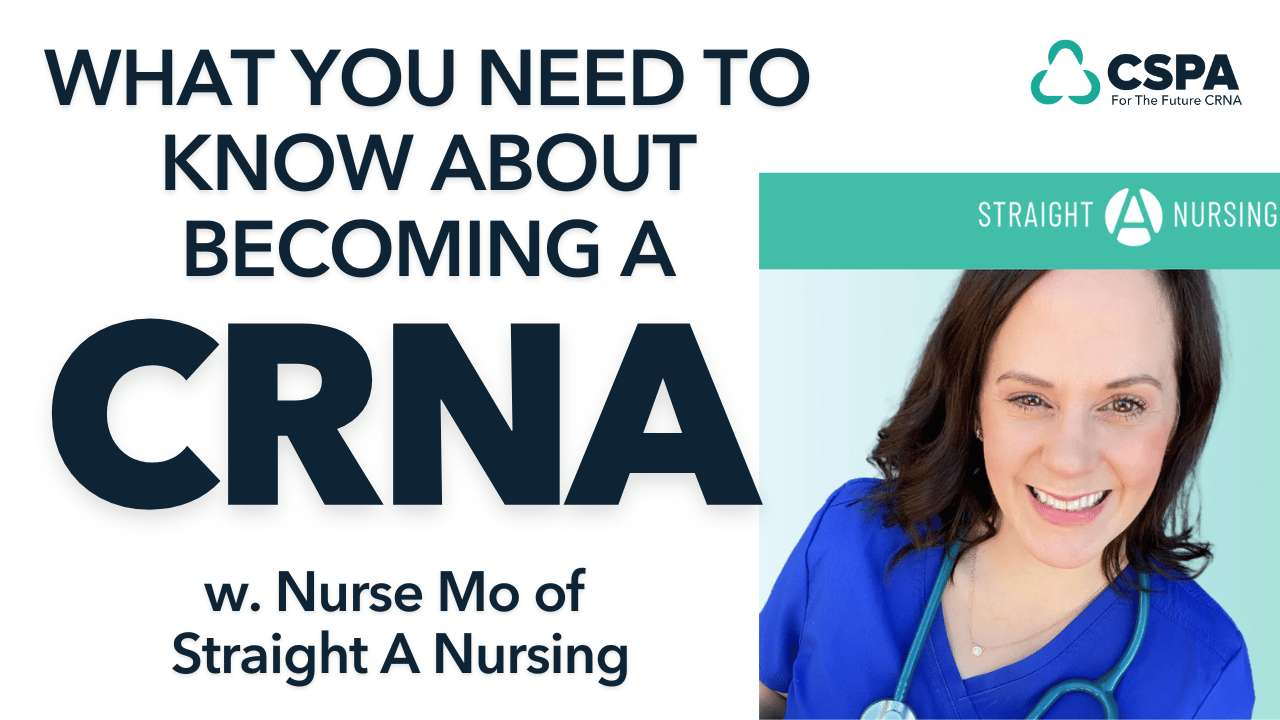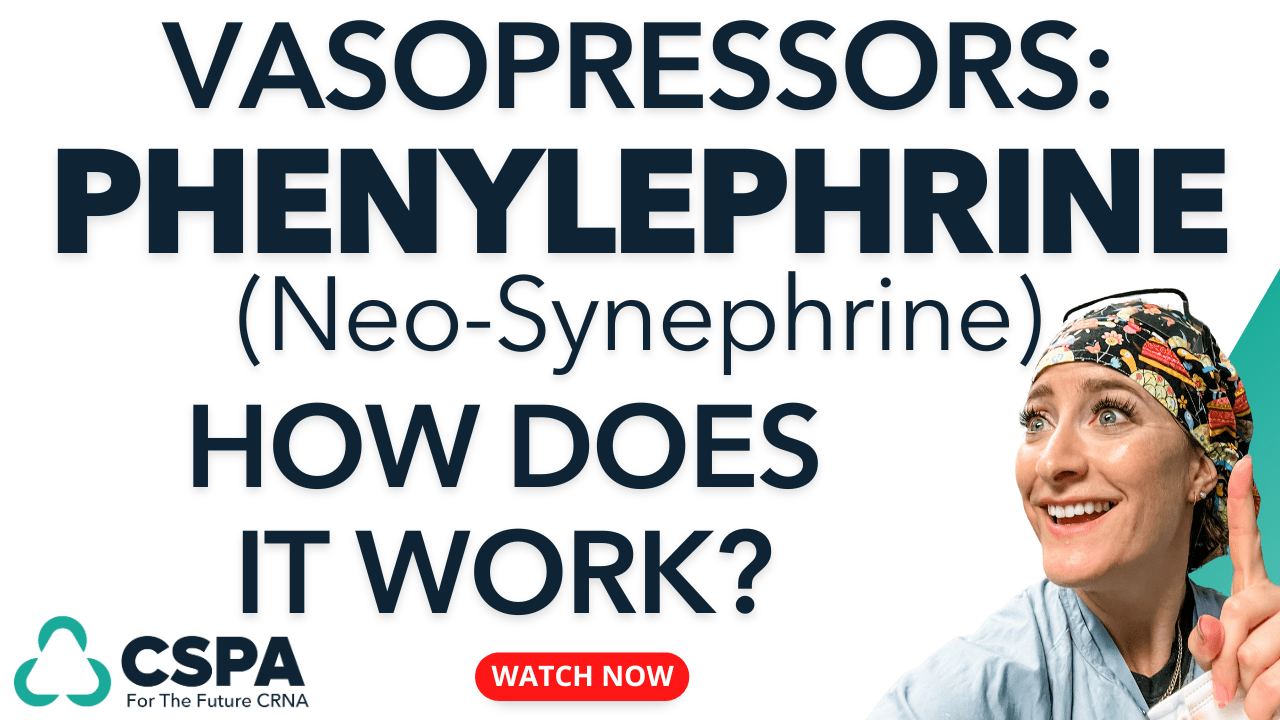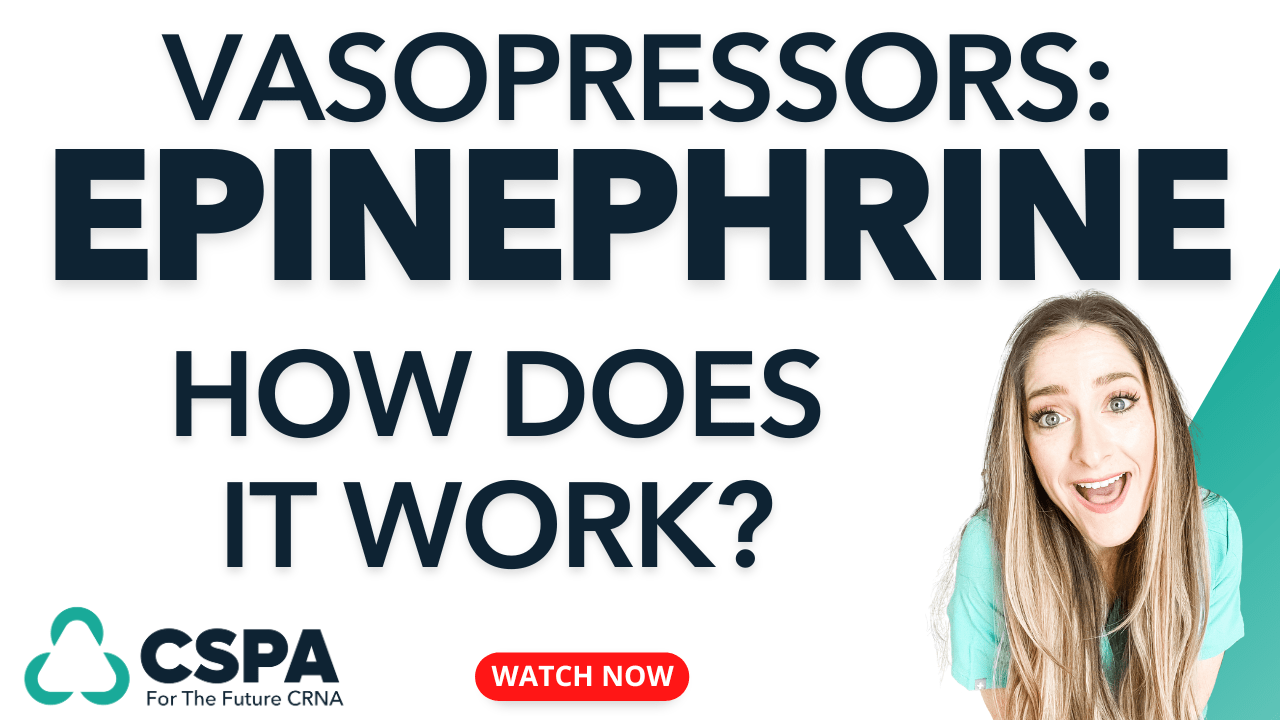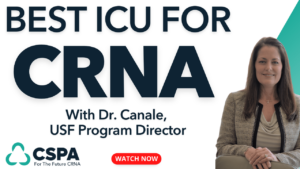
Get Your Free 8 Steps to CRNA Road Map Guide
University of South Florida Program Director and President of Florida Association of Nurse Anesthetists Dr. Canale joins Dr. Richard Wilson for Episode 2 of the Nurse Anesthesia Educators Unplugged Podcast, a podcast exclusively for CRNA School Prep Academy students. Here’s a sneak peek of their discussion as they tackle some of the most popular questions we hear about ICU Clinical Experience for CRNA School:
- How important do you feel a quality ICU clinical experience is for admission into and successful completion of a Nurse Anesthesia Program?
- How are clinical experiences graded when reviewing CRNA school applications?
- What should those interested in going to CRNA school consider when choosing an ICU to work in?
- Other than learning the major topics of management of ventilators and titration of vasoactive drips, what are some of the intangibles aspiring CRNAs can learn to be successful?
- How is travel nursing experience viewed compared to staff experience today?
- How much clinical experience is enough to be a competitive CRNA school applicant? 1 year vs 2 years vs 3 years vs more?
Tune into the full episode inside CRNA School Prep Academy today!
Join CRNA School Prep Academy for Complete Access to This Episode and the Entire Nurse Anesthesia Educators: Unplugged Library PLUS ALL of the Planning & Application Tools, Interview Prep Tools and More That Have Helped Thousands Of Nurses Gain Acceptance Into CRNA School: https://www.crnaschoolprepacademy.com/join
Join the CSPA email list: https://www.cspaedu.com/podcast-email
Join the Free Facebook Community here! https://www.facebook.com/groups/crnaschoolprepacademyfree
Book a mock interview, resume or personal statement critique, transcript review and more: www.teachrn.com
—
Watch the episode here
Listen to the podcast here
What Type Of ICU Experience Is Best For Aspiring CRNAs? With Dr. Canale, USF Program Director
I know how painful it is to have burning questions and not have the answers. CRNA School Prep Academy has played a large role in helping mentor you along your journey to become a CRNA. I also equally value every single one of you because you all, in turn, become mentors in the future. This is why I started TeachRN. I know the power of mentorship and I have seen it change lives. I believe every individual nurse has a role to play in mentoring future generations of nurses.
TeachRN is the only nurse-driven marketplace for nurses by nurses. It was developed by yours truly. I have a passion for mentorship and I know you do as well. If you are looking for mentorship or if you want to become a mentor, you can earn income while doing what you love, which is helping fellow nurses. Head over to TeachRN.com and learn more about how to receive or give the gift of mentorship.
—
What Is Nurse Anesthesia Educators: Unplugged?
I have some exciting news to share with you! We have released the Nurse Anesthesia Educators Unplugged, which is going to be your gateway to success. I want you to discover the inside scoop. I want you to be able to navigate the complexities of CRNA admissions and thrive as a candidate and as a nurse anesthesia resident, which can seem like a daunting task. What if you had a trusted guide at your fingertips? That is why we’re excited to introduce the Nurse Anesthesia Educators Unplugged, which is CSPA’s Private Podcast, Your One-Stop Auditory Guide to achieving your CRNA Dreams.
The key benefits and features of this private podcast will be hearing directly from the experts. Listen to seasoned CRNA faculty members and Program Directors who know the admissions process inside and out. Get invaluable insights not from the brochures or websites. You’re going to hear from behind the scenes and discover the lesser-known details of the selection process, the traits that faculty look for in candidates, and the hidden pitfalls to avoid.
Also, knowing that all schools are a little unique and this is going to give you that invaluable insight that’s going to allow you to see the differences between different CRNA programs and the faculty that run these programs. You’re going to hear real stories from successful students who have been in your shoes, learn about their challenges and strategies, and what made them stand out.
You’re going to get strategic advice. Beyond grades, how can you learn to craft a compelling application such as for your essay or your interview responses, that will resonate with the admissions teams? You’re also going to get flexible learning. You can listen to this podcast on your commute, during your workouts, or even while cooking. We want this learning to fit your schedule.
You’re going to hear a lot of Q&As on these podcasts. These questions and answers are found in our private CSBA community. We pick questions commonly asked by CSPA students and bring them to the table during this faculty podcast. It’s a great way to hear commonly asked questions from a variety of faculty and different insights on that. We also want you to stay up to date. The admissions landscape is always changing, so we want to make sure that you’re opted on the latest trends, requirements, and strategies for success.
Last but not least, we want to help you build confidence. Knowing what to expect and how to prepare can dramatically increase your confidence, giving you the edge during the application interview process. I hope this sounds exciting to you. I hope you’re as pumped as I am to tune into these shows. Remember, if you’re a CSPA student, you’re going to have access to this private podcast.
Don’t worry. We want to make sure we’re not excluding anyone from this podcast. On occasion, we’re going to share sneak peeks with you, our regular CSPA audience, because again, I want everyone to succeed. Whether you’re a CSPA member for twelve months or for a short period of time, if you are a member, you’re going to have access to the entire library of private CSPA faculty podcasts.
This is a valuable resource that we are excited to bring to you. I want to lead you with the conclusion that whether or not you’re contemplating a CRNA career or you’re already deep in the application process, this Nurse Anesthesia Educators Unplugged is your secret weapon to equip yourself with the knowledge, strategies, and confidence to stand out. I hope you enjoy the sneak peek. Let’s go ahead and get into our episode.
—
We’re excited for this episode. We’ve got Dr. Michelle Canale with us. She is from the University of South Florida. She’s the Program Director there and also the President of the Florida Association of Nurse Anesthesiology. Another thing about her is she was inducted back in 2022 to Fellows of the AANA, which is a huge accomplishment representing well in the profession.
Dr. Canale, thank you for joining us. We’re excited about having you on for our episode, where we’re going to talk about the topic of clinical experience. We want to know in this episode, clinical experience, what matters as all these applicants and future hopefully CRNAs are looking at what they need to do to prep for anesthesia school. Thank you for joining us.
Thank you so much for having me. Thanks for the very nice introduction. It’s a pleasure to be here and I’m excited to help with mentoring future CRNAs who are going to enter into our profession.
I know you’ve been doing that for years. I know I’ve talked with some of your students and they have spoken very highly of you in the programs. Obviously, a leader in the field and a leader in education. We’re excited about having you. As I mentioned, we’re mentoring nurses who want to go to anesthesia school. As we look through our social media and we look through the blogs, there are a lot of questions. There are even some misperceptions and misconceptions out there about clinical experience.
What matters as you are looking at the applicants that come into your program, what are those factors that you’re looking at as a quality clinical experience or some of the things that stand out to you that you consider that help them prep and become the most competitive applicant they can be, but not only that, to be successful going through anesthesia school in itself?
What Is The Best ICU For CRNA?
We look at clinical experience with regard to who is most successful in the program based on their type of clinical experience. You can get some of this information from the NBCRNA as well. They have an annual report that comes out every year that is data about test takers of the NCE and what kind of ICU experience they had prior to going to anesthesia school. If you look at what the NBCRNA says, most test takers have come from mixed ICUs, meaning it was not just medical, not just surgical, not just cardiac, but maybe a mixed ICU.
That’s where your largest proportion of ICU experience comes from among national certification exam board test takers at the end of the CRNA programs. They also go into data about how successful each test taker is on their first attempt on the NCE based on their ICU experience. That is one resource that everyone can look at. That report is in the public domain. Anyone can go to NBCRNA.com, pull the annual NCE report, and look at that data.
We have required two years of ICU experience since the program opened in 2006. In some cases, because we only admit once a year, we found ourselves making an exception here or there for somebody who had maybe 22 months of ICU. The time to apply was now and they didn’t want to wait another whole year. We’d make an exception here or there. What we discovered was that it didn’t matter too much to our student success. We started to consider whether or not we should go ahead and accept applicants who only had one year of ICU, which is the minimum requirement required by the Council on Accreditation.
We did change our admission requirements and we only require one year of ICU now. Having said that, I will say that the competition drives that up a little bit and our average for our program is about three and a half years of ICU. That is not to say that we don’t accept applicants who have at least twelve months of ICU. We do, but we have several more that have even more ICU experience.
We do know, obviously, you mentioned that managing ventilators, managing vasoactive drips, managing these critical care patients are ill and we have to figure out if we start these medications, what’s going to happen with them. We’re trying to keep them hemodynamically stable and all of that. Those are some of the key factors that were mentioned in that report that you were talking about from the NBCRNA as the requirements, but also things that we look at as program administrators for admissions.
What are some of those intangibles? What are some of those things within the clinical settings that these applicants can learn, focus on, and enhance to improve the competitiveness of their application other than those basics? We’ve talked about vent management, vasoactive drips, and those things that stand out.
What Type Of ICU Experiences Should I Be Getting To Be The Most Competitive Candidate For CRNA School?
Not every ICU is created equal, but I think the most important thing is to tease out whether or not that applicant has tried to get the sickest or most high acuity patients and whether they’ve dug deep to get the best experiences that they can while they’ve been in the ICU. Other things I look for usually come in the recommendation letters provided by the ICU manager, whoever their manager has been. If they can speak to whether that person is a leader in their unit, a resource person, or if they’re a team player. Also, if that applicant has done work besides the regular twelve-hour ICU shift, but has done other work to improve their unit or the processes on their unit or the care of patients.
It’s great to see applicants come in who have been on a process improvement committee, or an education committee, or a practice improvement committee in their ICU and have participated in process improvements because we’re going to take them on that journey to the next step in the doctoral degree. Besides getting into the right ICU and getting enough experience, seek out the sickest of patients, push yourself, and then also seek out some leadership roles and maybe some participation in process improvements and patient care improvements.

ICU Experience: The most important thing is to try to tease out whether or not that applicant has tried to get the sickest of patients.
That is interesting because I see that a lot. We want to see these people take the sickest that they can take because within anesthesia in itself, you’ve seen it, you’ve practiced it over the years, and it is lifelong learning. That lifelong learning starts when you take your first patient in the ICU until you stop practicing in anesthesia because we see the research and practice change. It is that lifelong learning that makes us who we are as successful practitioners. I’m sure you ask a lot of this or you give this advice a lot when people talk with you. It’s about knowing the whys. Explain what that means because a lot of people say it’s about knowing the whys, but then they have a little trouble understanding, so what does that mean?
I’m reflecting back on some of the interviews I’ve done over the years. Sometimes, an applicant will ask me, “If I don’t get in, what do you recommend I do? If I do get in, what do you recommend I do to prepare for this journey?” We have lots of things that we give them advice on. Sometimes, it depends on the applicant specifically. One of the things we tell them is, “Go back to the ICU tomorrow when you’re back at work and start asking yourself why.”
Not every ICU is created equal; I think the most important thing is whether or not that applicant has tried to get the most high acuity patients & whether they’ve dug deep to get the best experiences that they can while in the ICU. Click To TweetThe difference between a higher-level advanced practice nurse and somebody staying at the RN level is the person asking, “Why am I giving this drug? How is it going to work in the body? What happens if they get a side effect or something like that? How does this pulse oximeter work?” We know that we put this clip on the finger and we get a number on the screen. We know that 100, 99, 98 is good, but 93 is bad. Why is 93 so bad and it’s only 5 points away from 98? Think about the why and investigate that a little bit. That will help them develop those critical thinking skills and getting to the deeper depths of learning and understanding, which is where we’re going to take them on this journey to becoming a CRNA.
—
That sums up this episode. Thank you so much for tuning in. I hope you guys found that so valuable and I look forward to sharing some more golden nuggets with you guys in the future. If you’re a CSPA member, there will be an entire section inside the academy that’s labeled Nurse Anesthesia Educators Unplugged Podcast. It will be inside the membership and you log into your membership to have access to this. You can play this on audio whenever you are driving, cooking, or folding laundry. Whatever fits your learning style. We hope you guys find a lot of value in these episodes and we’re excited for future episodes to share with you.
Until next time, thank you so much for tuning in. I appreciate you. If CSPA show has been helpful for you and your CRNA journey, I would so much appreciate it if you could share this valuable show with others you know who are embarking on their CRNA journey. I call it paying it forward. If this has been a valuable resource and tool on your CRNA journey, I would greatly appreciate it if you could share it with someone else down the road. Even if you don’t know anyone right now, keep us in mind to make sure you send people our way because again, we want to help you find success. We want to help your peers find success. Cheers to your future. Thank you so much. Until next time, take care.
Important Links
Have you gained acceptance to CRNA school? Congratulations! Prepare with the #1 pre-anesthesia curriculum, as recommended by CRNA program faculty. Start the NAR Boot Camp today: https://www.cspaedu.com/bootcamp
Join CRNA School Prep Academy for Complete Access to This Episode and the Entire Nurse Anesthesia Educators: Unplugged Library PLUS ALL of the Planning & Application Tools, Interview Prep Tools and More That Have Helped Thousands Of Nurses Gain Acceptance Into CRNA School: https://www.crnaschoolprepacademy.com/join
Join the CSPA email list: https://www.cspaedu.com/podcast-email
Join the Free Facebook Community here! https://www.facebook.com/groups/crnaschoolprepacademyfree
Book a mock interview, resume or personal statement critique, transcript review and more: www.teachrn.com




